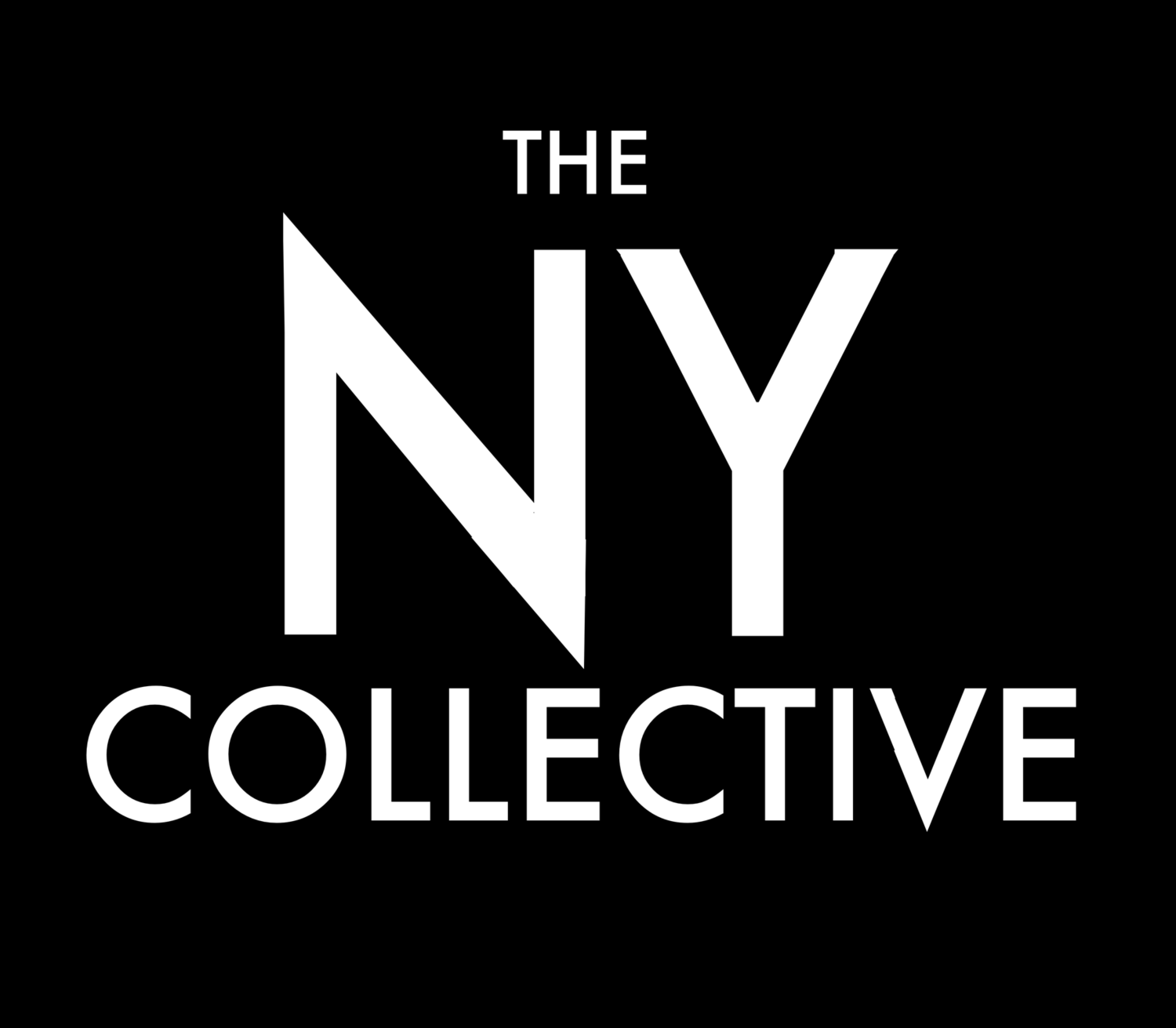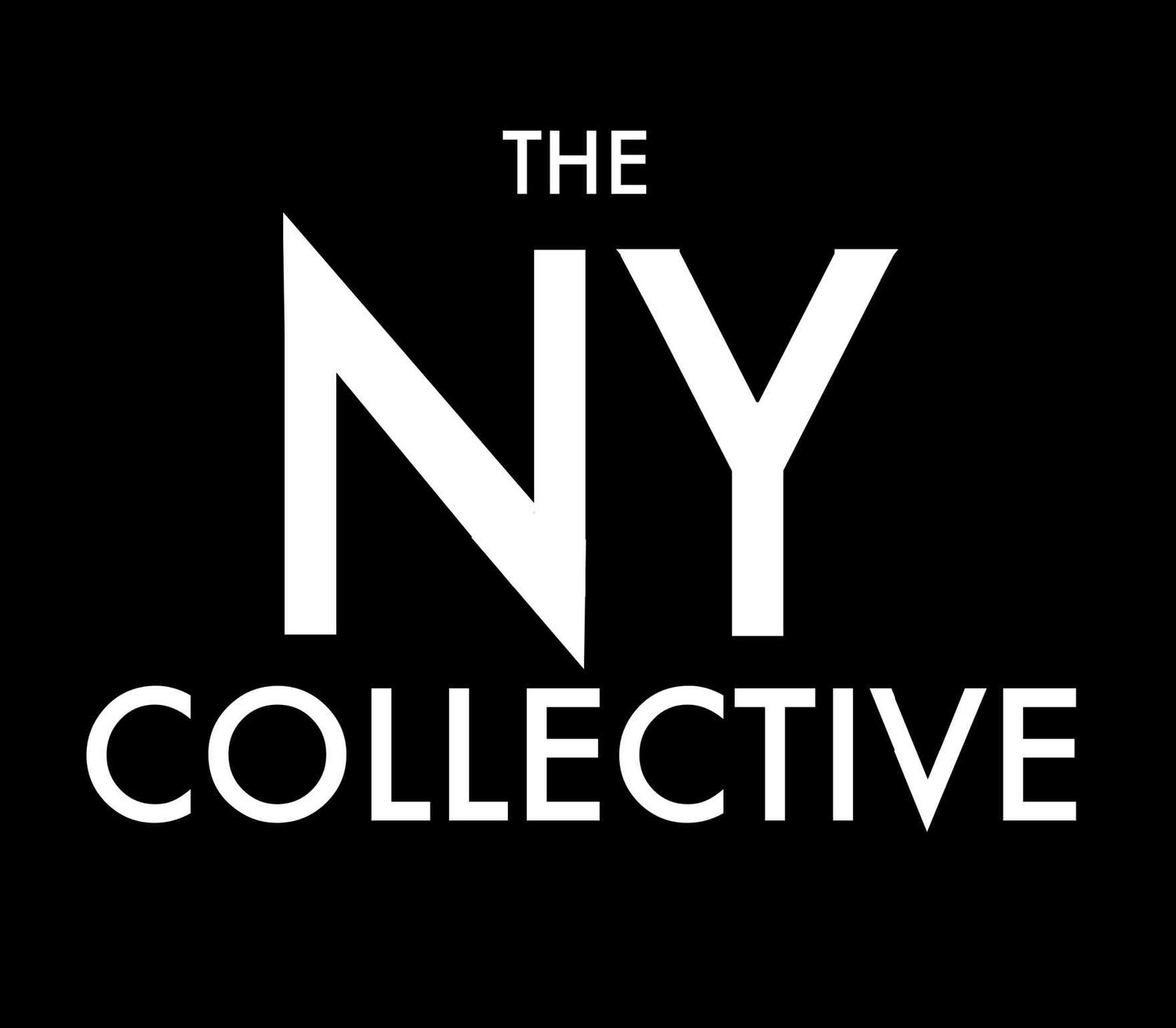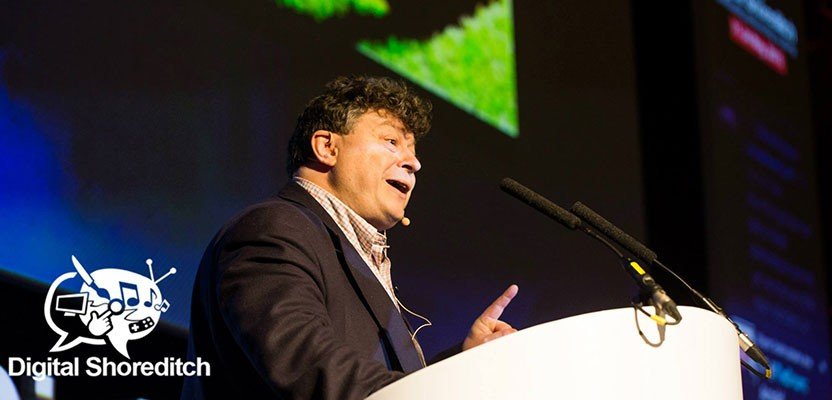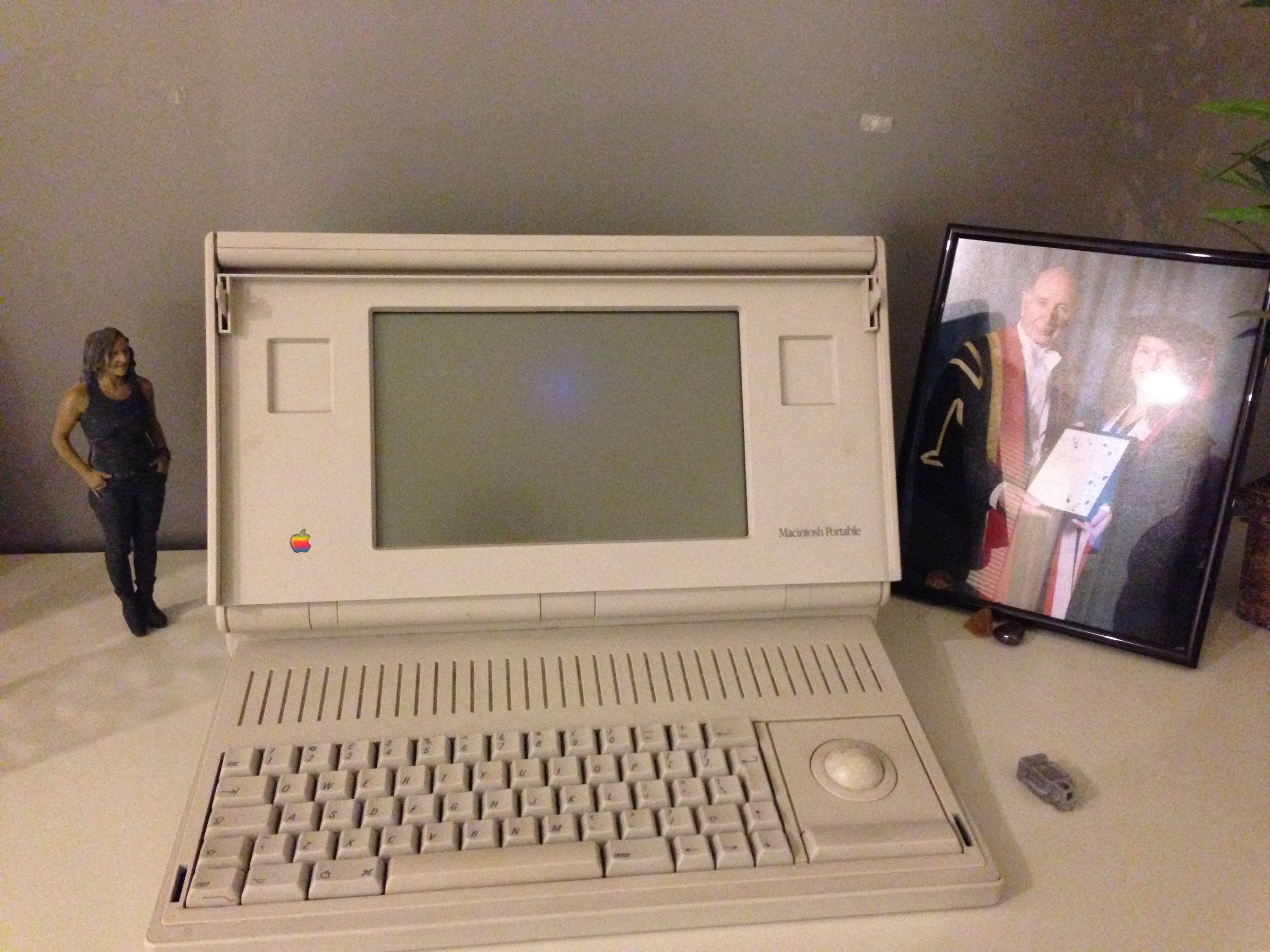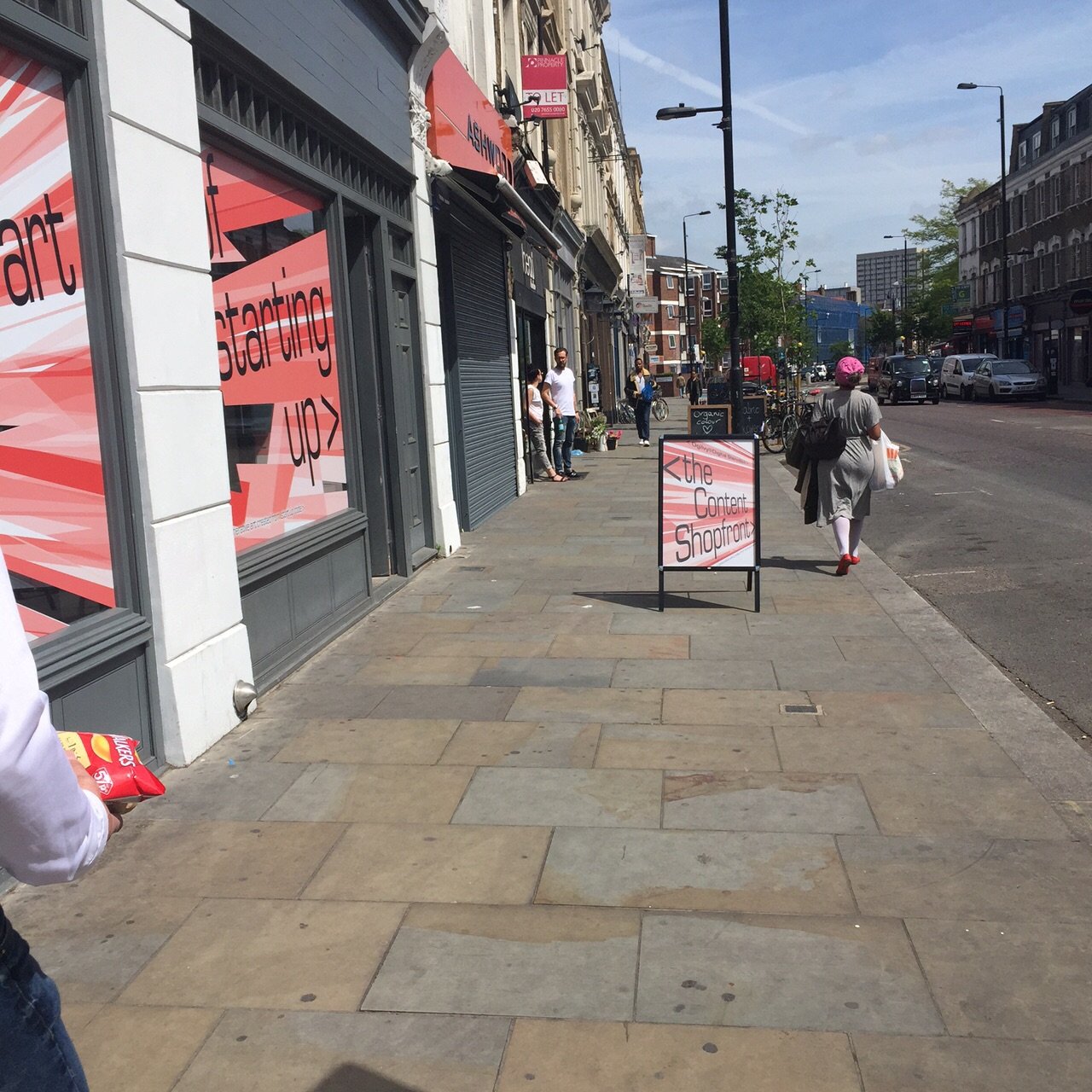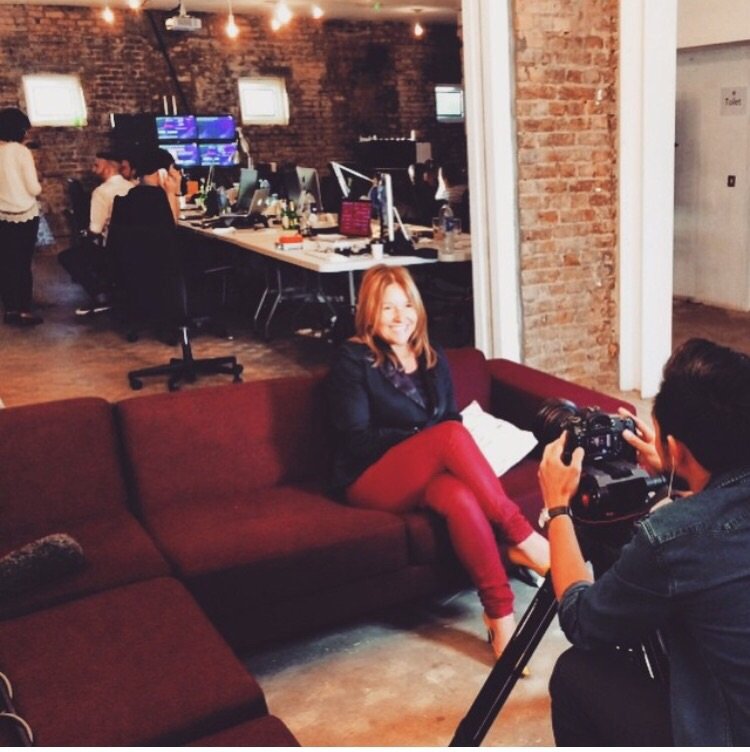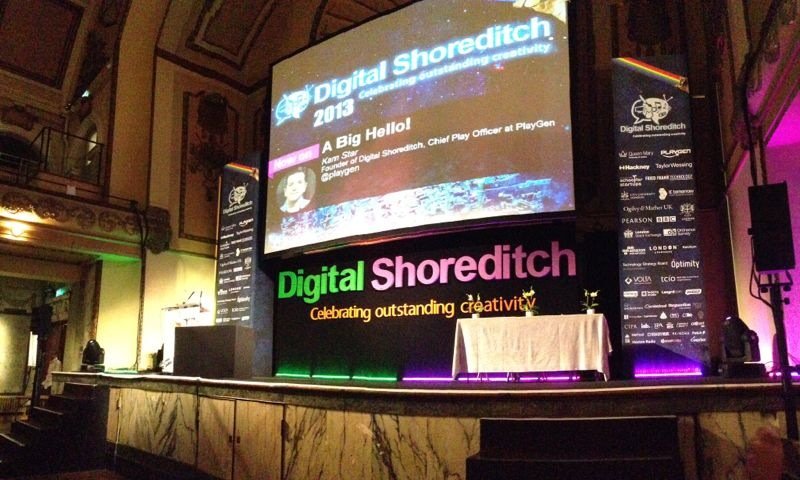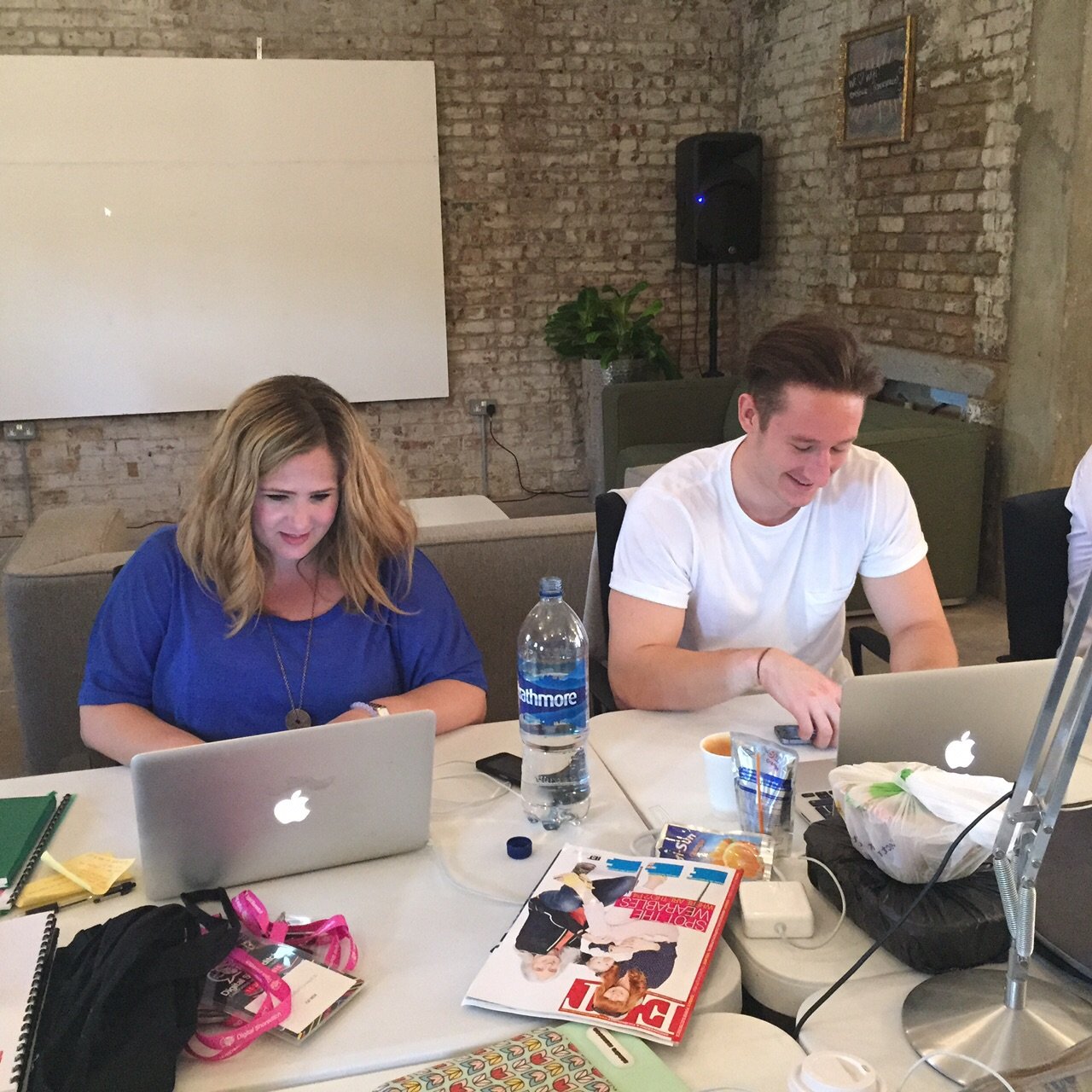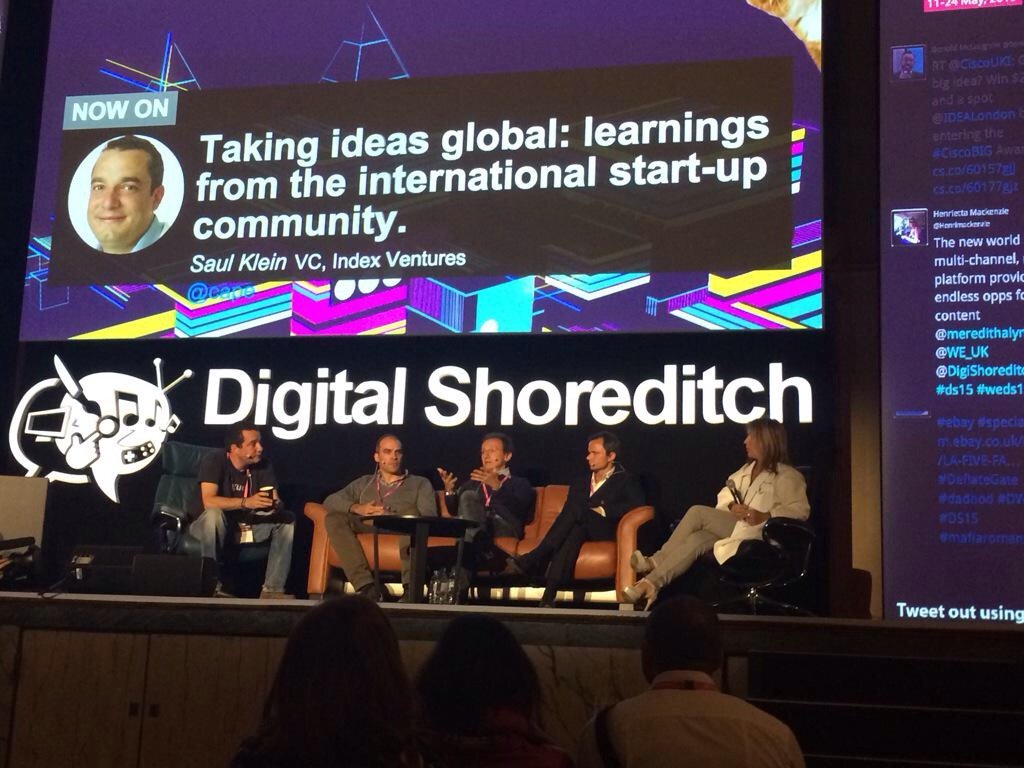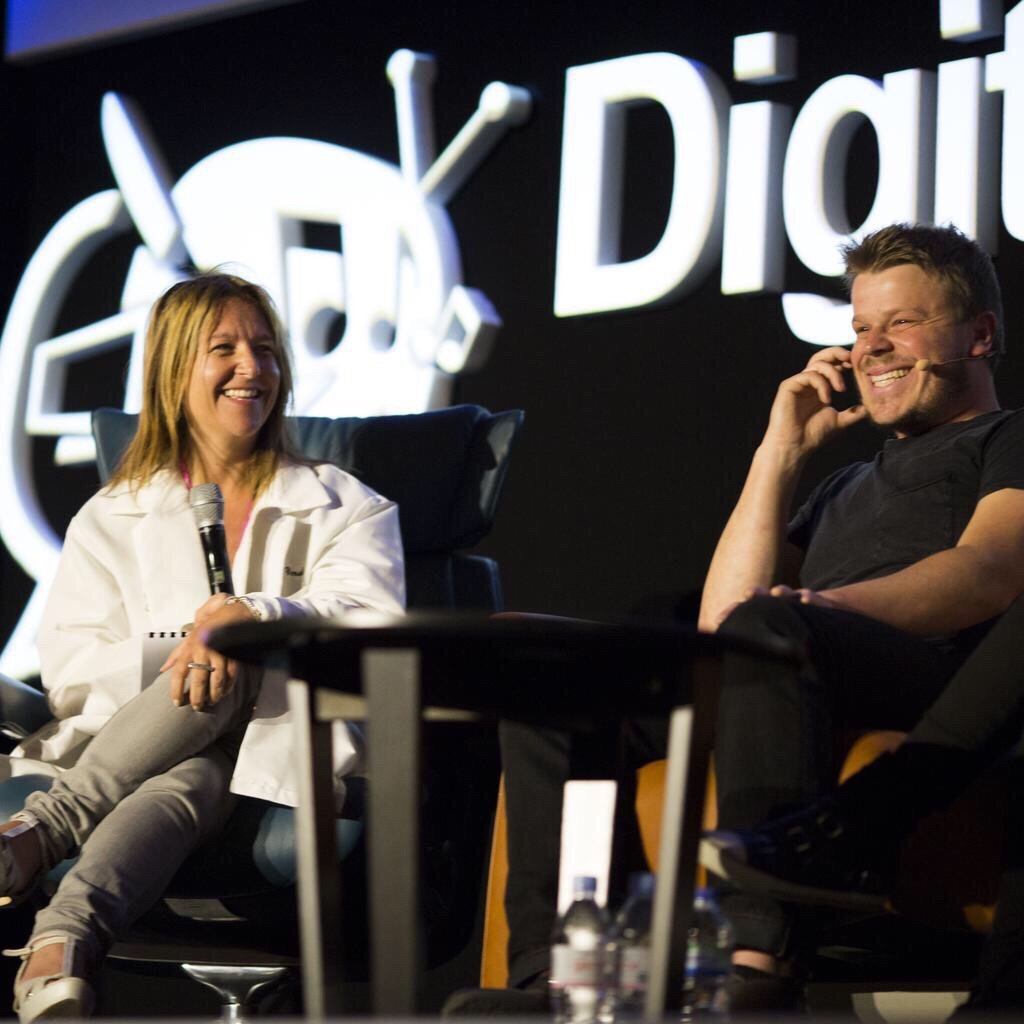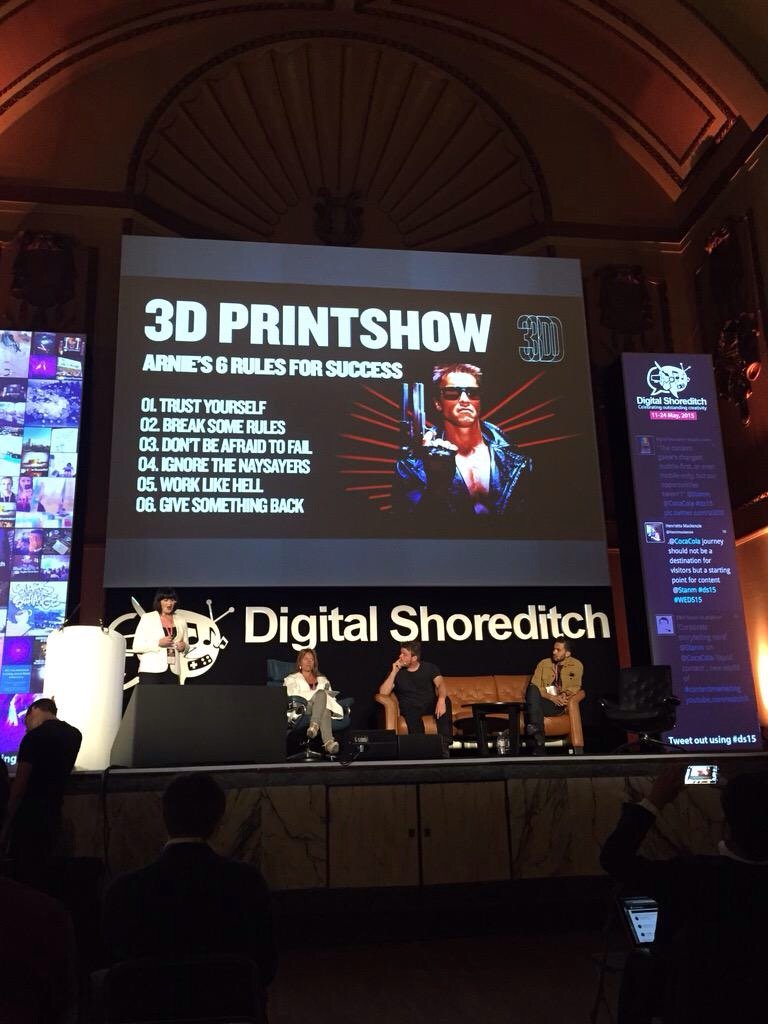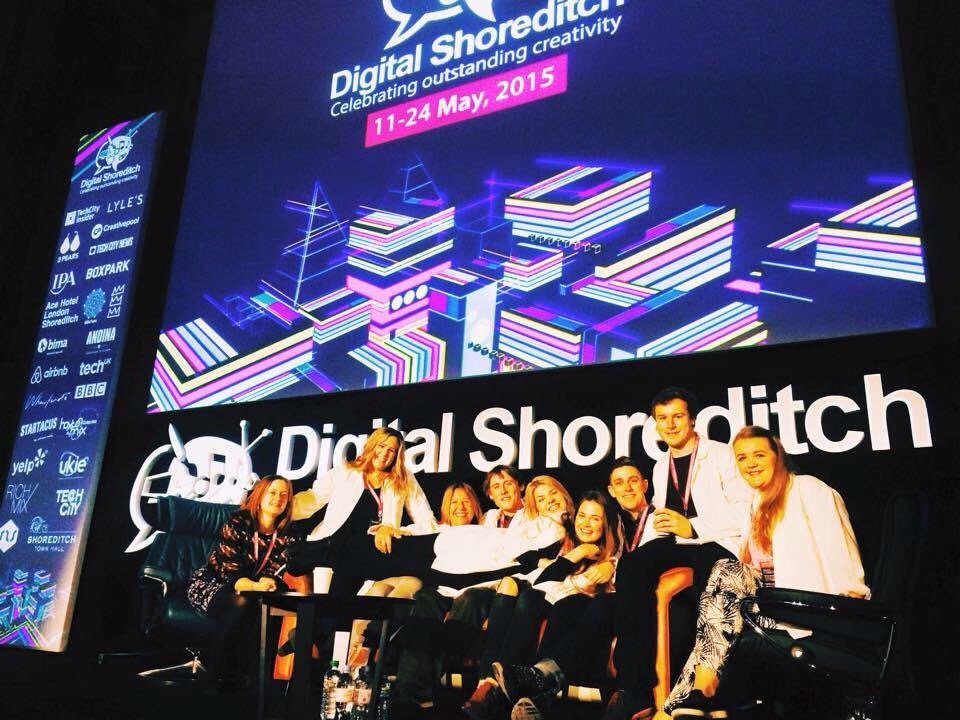LONDON’S DIGITAL SHOREDITCH - FUTURE STARTUPS - 2015
Ogilvy Labs was a part incubator, part accelerator, part playground. The facility hosts bi-annual semesters of learning which consist of six months of immersion on a different theme; the first this year was an immersion in all things start-up
Ogilvy & Mather is the largest network of ad agencies in the world, with a historic culture of blazing new trails. Ogilvy Labs could not be more representative of this. Launched by Nicole Yershon, described by one speaker as “Chief Miracle Officer”, Ogilvy Labs is part incubator, part accelerator, part playground. The facility hosts bi-annual semesters of learning which consist of six months of immersion on a different theme; the first this year was an immersion in all things start-up, and the next will be on the future of retail.
Ogilvy Labs have partnered with a number of start-ups over the years, in each case having spotted the seed of an idea with massive potential, in need of a little nurturing. One such instance was Appear Here, which originated as a t-shirt shop and swiftly became the “Airbnb of retail”, helping small businesses make the most of unused shop space in London. There are now more than 650 Appear Here venues in London, and founder Ross Bailey hopes to leverage this incredibly simple concept on an international scale. And even if his company achieves nothing else, it succeeded in turning “arguably the shittiest tube station in London” (Old Street) into an entirely independent shopping mall, without a Starbucks in sight.
Another initiative which benefited from the mentorship of Yershon and Ogilvy Labs was 3D Printshow, an exhibition founded by Kerry Hogarth which brings together creators from the engineering and arts worlds. After teaming up with Ogilvy Labs in 2011, Hogarth launched the event in London in 2012 to great acclaim, then in Paris in 2013; she is now planning to run shows at 11 cities all over the world next year. That isn’t to say it’s been all plain sailing; Hogarth and her husband actually lived in their start-up office for six months, showering at the gym every day. “It’s not always pretty,” says Yershon. “And it doesn’t happen overnight. If it was easy, everyone would do it.”
Every day should be an experiment
Even Unilever, a giant multinational, believes it is vitally important for big businesses to work with innovation partners. “As the world’s second largest advertiser, we have a responsibility to pioneer the future,” says Unilever Foundry’s Marketing Strategy & New Ventures Director, Jeremy Basset. And that is only achieved through constant experimentation: “Not on an ad hoc basis, but on a systematic, day-to-day basis.” Unilever Foundry has positioned start-ups at the heart of the process, says Basset: “It’s about innovation through collaboration.”
Open minds, open doors
In an industry where speed trumps perfection, where customer expectations are constantly being reshaped by technology, and where they will quickly become impatient with customer service and switch between brands, a new ecosystem begins to emerge. “There’s no place any more for a technology company that thinks it can solve all problems, for all people, all of the time,” says IBM’s Angela Bates. She calls this new ecosystem “the perfect storm” in that partnerships enable both small and large companies to identify their know-how gaps and grow proven technology. Her advice to big brands: “Open your mind and open your door to bright ideas that can scale.”
Tak Lo is Director of Techstars, one of the world’s largest, longest-running accelerator programmes, and he urges companies to at least consider taking that risk. “Support start-ups, support entrepreneurs,” he says. “Yes they’re small, yes they might not survive, but have that one conversation with them… If you can give that chance to a start-up, do it.”
